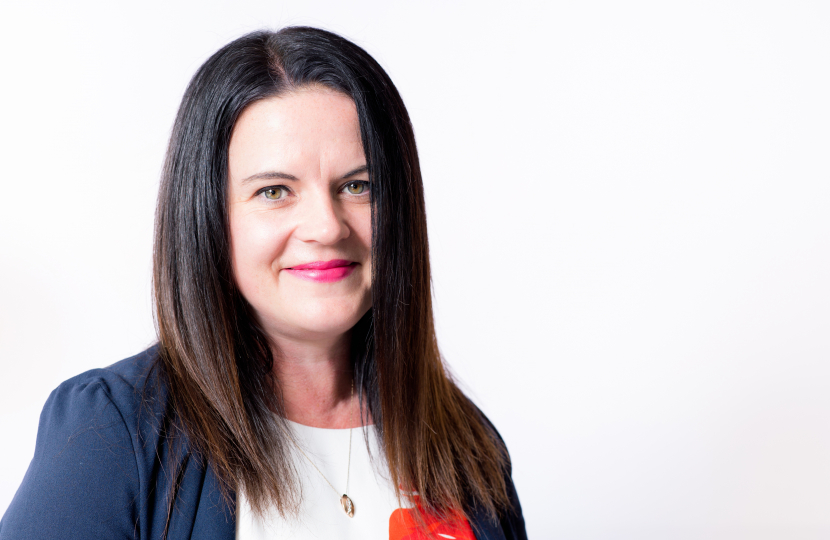
This week Suffolk County Council will be marking Dementia Action Week. The theme for this year is diagnosis and will focus heavily on the benefits of getting a timely diagnosis of dementia – a word used to describe a set of symptoms that can include memory loss and difficulties with thinking, problem-solving or language.
Councillor Rebecca Hopfensperger, Cabinet Member for Adult Social Care at Suffolk County Council, writes:
Dementia diagnosis rates are currently at a five-year low across the UK due to the pandemic, which sadly means that tens of thousands of people across the country are currently living with undiagnosed dementia. This means they don’t have access to the vital care and support that a diagnosis can bring and could risk ending up in crisis before making plans with their family and friends.
Alzheimer’s Society undertook research with over 1,000 people affected by dementia to understand the key barriers to, and benefits from, getting a diagnosis. This research found that one of the common misconceptions around memory loss was that people assumed the symptoms were just part of getting old. Being in denial and the length of time it took for a referral to a specialist, were also key barriers to getting a timely diagnosis. On top of that the COVID-19 pandemic also hit detection rates hard, as people stayed at home or may have considered some of the slight symptoms they were experiencing as not being important enough for an appointment with their GP. But there is some hope as a survey by Alzheimer’s Society revealed 9 in 10 people with dementia, said that they benefitted from getting a diagnosis, allowing more time to plan for the future and unlock the door to treatment, care and support.
This Dementia Action Week, both Suffolk County Council and Alzheimer's Society are hoping to empower individuals and their families to seek a timely diagnosis and will encourage those who are concerned that they or a someone close to them may be experiencing signs of dementia to come to them for support.
Typical early symptoms of Alzheimer’s may include memory problems like regularly forgetting recent events, people's names, or familiar faces. Becoming increasingly repetitive, asking the same question multiple times. Regularly misplacing items or putting them in odd or unusual places. Confusion about the date or losing track of the time of day. People with the onset of dementia might also develop problems communicating or finding the right words.
If you recognise some of these symptoms, either in yourself or in a close friend or family member, book a visit with a GP as soon as possible. Whilst getting a diagnosis can be daunting all the evidence suggests it’s better to know.
As part of Dementia Action Week, Alzheimer’s Society has created a new online symptoms checklist that can be printed off and taken with you to a GP appointment, to help talk about changes that might be due to dementia. Unlocking early support is vital, as it opens a range of both practical and emotional support. This support can include people gaining access to the latest information and research, so they can know more about the disease and how it develops, access counselling and emotional wellbeing support, and potentially benefit from drug and non-drug treatments available to help manage the disease as it develops. It also allows them the opportunity to explain to family and friends the changes happening in their life.
Don’t dismiss the little symptoms you or your family may have noticed, it’s not necessarily part of getting old – it might be part of getting ill. Access the Alzheimer’s Society’s symptom checklist and further information here.
You can also contact Alzheimer’s Society via their Dementia Connect Service: Telephone 0333 150 3456 or email [email protected].
(For dementia support for people living in Waveney, please telephone 01603 763556 or email [email protected]).


